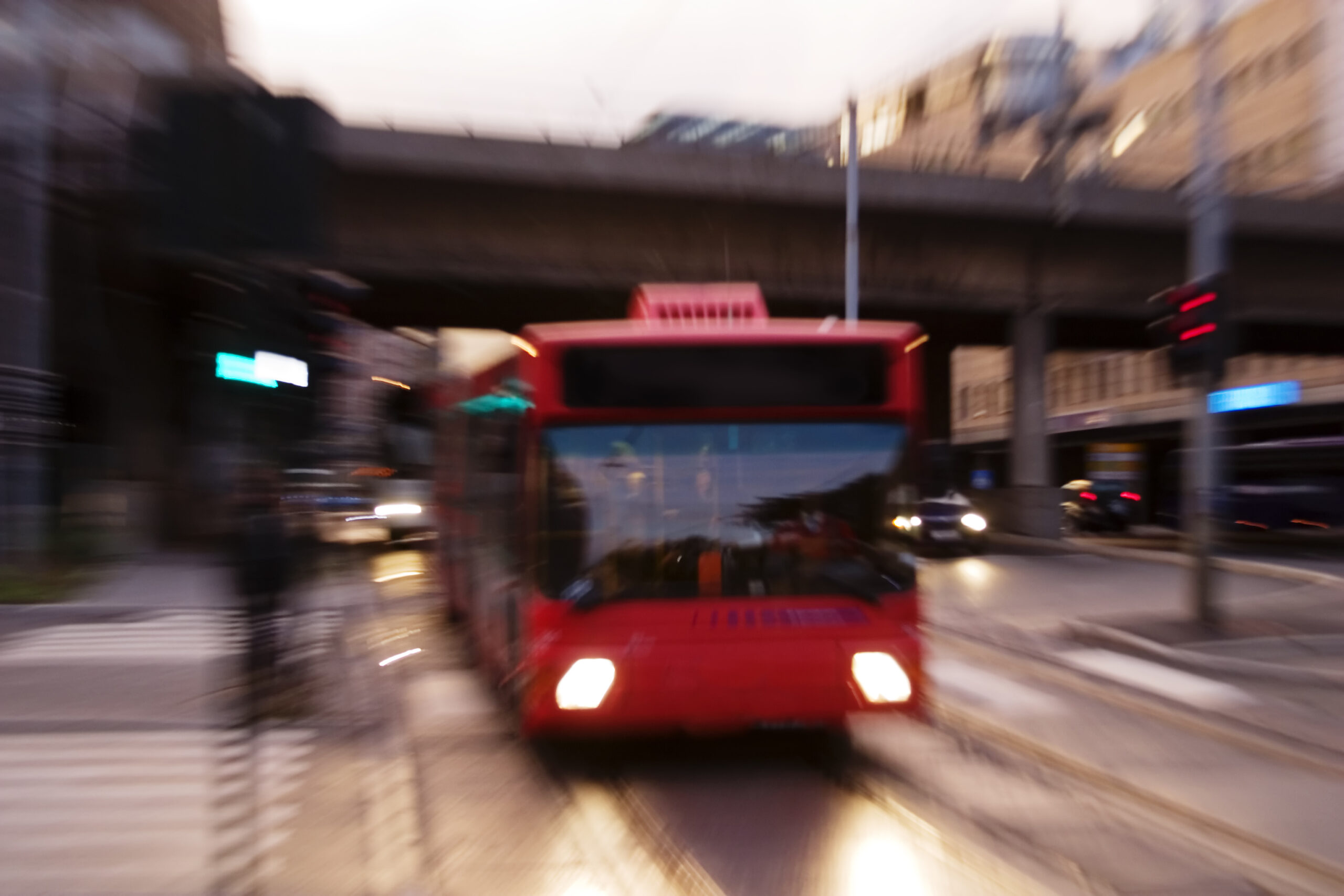Karina Goodall, Principal Lawyer at Stacks Goudkamp, successfully represented a young boy who tragically lost his foot after being struck by a government bus in Sydney in 2019. The case focused on whether his compensation should be assessed under the more generous 1999 Motor Accidents Compensation Act (MACA) or the newer, more restrictive 2017 Motor Accident Injuries Act (MAIA).
Despite strong resistance from the bus’s CTP insurer and its lawyers, Karina and her legal team won the case in the District Court and then successfully defended the decision in the NSW Court of Appeal.
This great outcome is not just a major legal achievement for Karina and Stacks Goudkamp but also an important victory for people injured in public transport accidents.
The Accident
On January 21, 2019, a four-year-old boy was riding on the back of his mother’s bicycle along Liverpool Street in Sydney’s CBD when an overtaking government bus hit them. The child’s right foot was so severely injured that it had to be amputated. The insurer accepted responsibility for the accident, but a legal battle followed over which compensation law applied.
Understanding the Law: Which Compensation Scheme Applies?
NSW has had different motor accident compensation laws over the years, and which law applies can make a big difference in the amount of compensation available.
| Law | Accidents Covered | Compensation Rules |
| Motor Accidents Compensation Act 1999 (MACA) | —Accidents before December 1, 2017——– | Lump sum payments for pain and suffering, lost earnings, medical expenses, and care |
| Motor Accident Injuries Act 2017 (MAIA)———— | Accidents on or after December 1, 2017 | Limited statutory benefits, ie medical expenses and care; lump sum only for serious injuries |
The insurer argued that the 2017 Act should apply, limiting the boy’s compensation. However, Karina and her team argued that public transport accidents should still be covered under the 1999 Act, which provides more generous compensation.
Court Decisions
The District Court ruled in favour of the young boy, stating that public transport accidents should still be assessed under the 1999 Act. The insurance company appealed the decision.
On February 4, 2025, the NSW Court of Appeal upheld the lower court’s decision, confirming that the more generous 1999 Act applies to public transport accidents, including government buses.
Why This Case Matters
This ruling is a crucial win for people injured in public transport accidents. It confirms that:
- The 2017 Act applies to regular motor vehicle accidents.
- The 1999 Act still applies to public transport accidents, ensuring better compensation for victims.
- The government’s Compulsory Third Party (CTP) insurance scheme should not limit compensation for public transport accident victims.
This decision protects innocent victims from unfairly receiving reduced compensation under laws designed for private vehicle accidents.
Have You Been Injured in a Public Transport Accident?
If you or a loved one or friend/colleague has been injured in a bus, train, tram, or ferry accident, you/they may be entitled to significant financial compensation. These claims are complex, and applying the correct law is critical.
At Stacks Goudkamp, Karina Goodall and her team are committed to securing the maximum compensation you deserve.
Time limits apply, so don’t delay. Contact Stacks Goudkamp today for a free consultation.
Stacks Goudkamp acts for injured people on a no-win, no-fee basis



